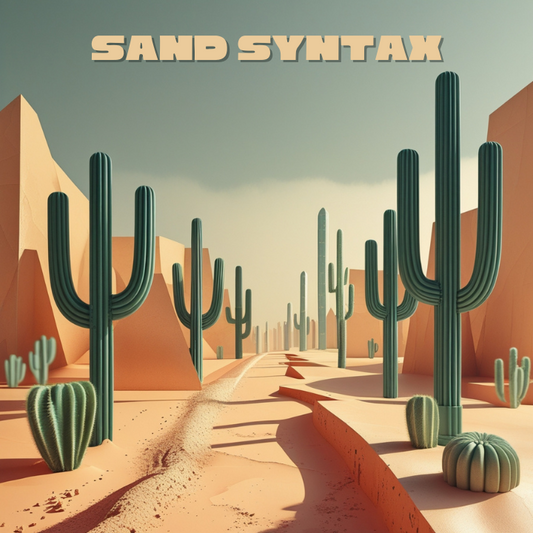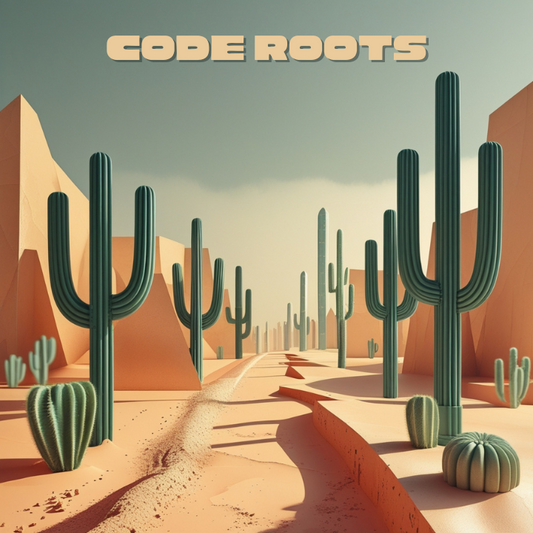Explore the Courses
Choose the level and topic that fits your focus. 9 well-paced courses, each offering growth — from basics to full system design. The content covers core logic, memory, object-oriented code, templates, and efficient programming techniques.
-
Sand Syntax
Regular price €25,00 EURRegular price -
Logic Trail
Regular price €40,00 EURRegular price -
Code Roots
Regular price €50,00 EURRegular price -
Pointer Drift
Regular price €65,00 EURRegular price

Who We Are
Cactyra reflects hands-on programming experience, shared through carefully crafted courses. We’ve worked with C++ for over a decade — in systems programming, embedded development, and performance-focused code. These courses are rooted in that experience. Each path we offer has been tested through real work and organized for independent learning.
The Team Behind It
We work with C++ not as a trend, but as a powerful tool
-

James Holleran — Systems Programmer (C++)
Specializes in compilers, performance tuning, and working with large-scale C++ codebases. Guides the educational structure of the content.
-

David Carston — Embedded Software Engineer (C++)
Develops for low-resource devices and works closely with memory and hardware-level logic. His insight shapes the practical parts of the courses.
Why Learners Choose This Approach
Three solid directions
-
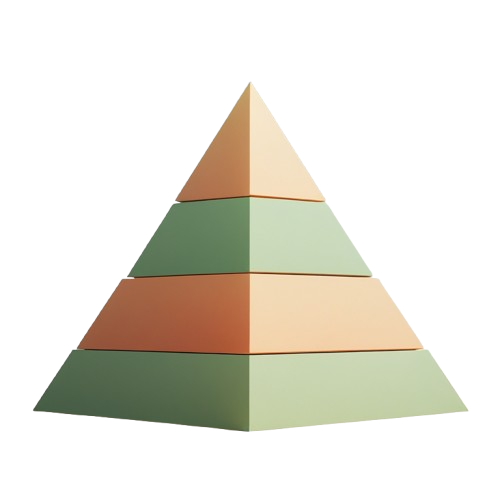
Progressive learning
topics unfold in a consistent, logical flow
-
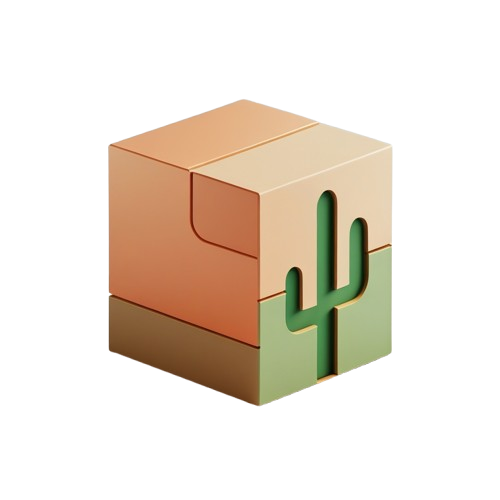
Practice-based tasks
examples are built from real-world experience
-
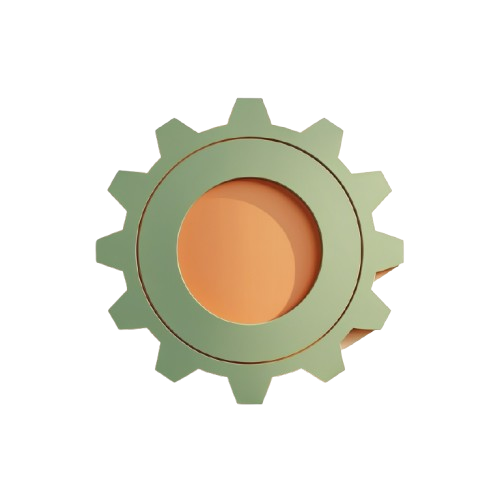
C++ exclusive
we focus on one language and go deep
Cactyra
Edge Edition


It’s not speed. It’s depth.
You’re learning when logic becomes natural, not when it’s memorized. Every part is designed with clarity. From basic elements to more complex ones, the focus remains on insight and confidence. If you value clear technical thinking — this space is made for you. All examples reflect real development challenges, not theoretical puzzles.
Here are detailed answers to the things people often want to know
Questions We Hear Most
Where should I start if I have never programmed before?
Start with a course that covers basic syntax and logic — that’s enough to gradually immerse yourself in the language. All topics are presented in a simple sequence, with examples that reflect typical tasks. Even without previous experience, you can confidently move forward.
How deep do the topics go in the advanced courses?
The advanced levels cover templating, STL, multithreading, and optimization. They are aimed at those who want to apply C++ to complex problems. The material is presented with an emphasis on understanding, not just usage.
Are there examples from real-world problems?
Yes. The lessons are built around examples that might occur in the developer's practice. They cover working with data, memory, structures, and input/output processing. This helps to better understand how knowledge is transformed into results.
Can I study several courses in parallel?
Yes, especially if they cover different areas - for example, one about functions, another about memory. This will help create a holistic view of the language. It is only important to leave time for practice after each module.
Are these courses suitable for those who want to work with embedded systems?
Yes. Some of the topics cover memory management, resource efficiency, and basic program logic design. This is especially useful for those who want to write code for devices with limited capabilities. The skills you will gain will fit well into this field.
Are there any restrictions on course topics?
The courses cover topics that are regularly encountered in real-world development. The focus is on syntax, memory, classes, templates, STL, and multithreading. We have chosen only those that really affect the quality and efficiency of the code.


